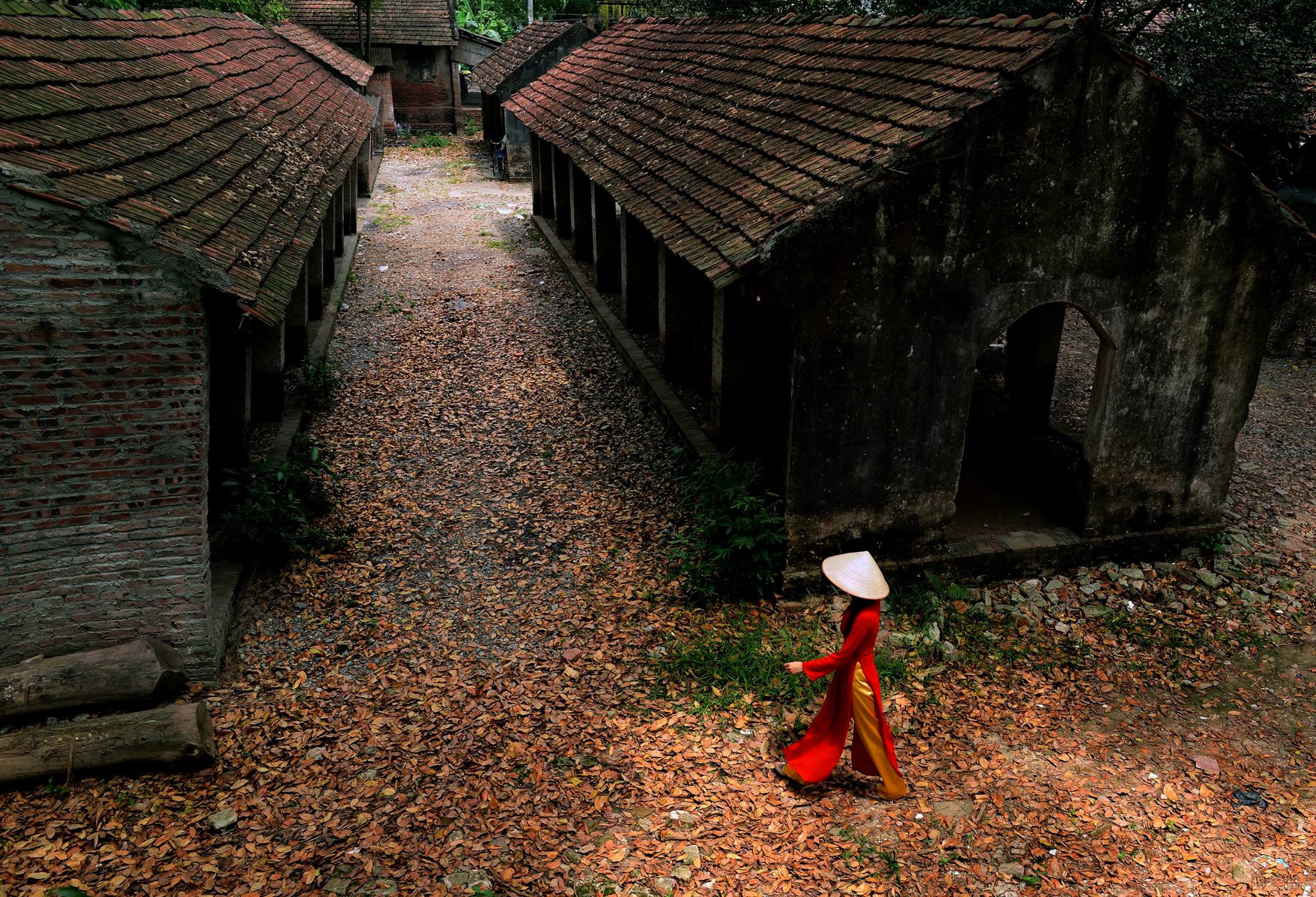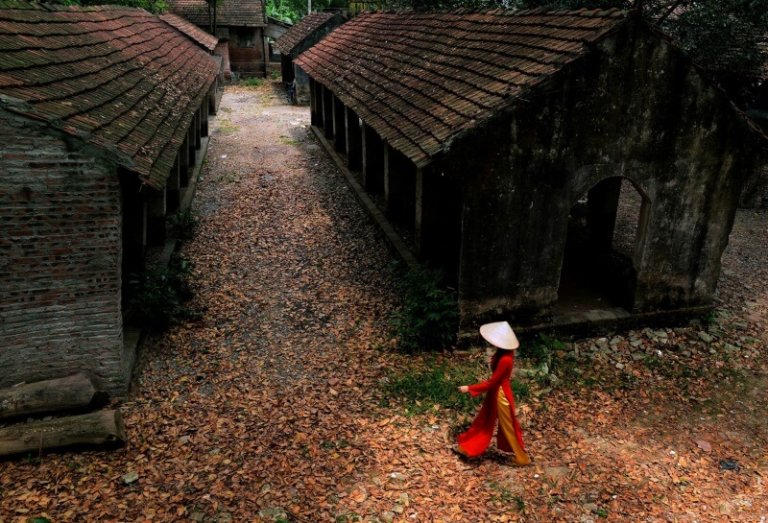 Recently, my brother-in-law came across some family records of the Vietnam War. My father-in- law, Dr. Lawrence Jelsma, was a Captain in the Army and served this nation as a neurosurgeon in Vietnam.
Recently, my brother-in-law came across some family records of the Vietnam War. My father-in- law, Dr. Lawrence Jelsma, was a Captain in the Army and served this nation as a neurosurgeon in Vietnam.He received a Bronze Star for his efforts to organize a mobile hospital and was in Vietnam during the Tet Offensive. My brother-in-law shared medical records that Dr. Jelsma had saved from the war. I have yet to read them directly, but the records are dramatic and tragic: descriptions of head wounds from bullets, grenade fragments, and even helicopter blades populate the pages. He operated on many men ages 19-23, but also many Vietnamese, including children wounded in war. There is one 40-hour stretch in which he performed eight operations, including one all-nighter. The few times that my father-in-law has shared with me his first hand accounts, I have been riveted, and filled with awe about how he survived the experience. He is a wonderful man, full of integrity and honor. The descriptions of these records were the inspiration for this column.
Every term, I teach a history course. In the fall, I work with students to understand the causes and legacies of 9/11 and the War on Terror. This spring, I am going to develop a new course on ISIS and the Middle East. Right now, I am teaching a class on the Vietnam War to 26 seniors. These students inspire me to work to help them understand the complicated history and legacy of this critical 20th century conflict. The story of the Vietnam War encapsulates why the study of history, global languages, and literature are critical. In other words, that war—now more than a half century ago—underscores the importance of why today, our children must be students of the humanities.
The loss of human life in Vietnam is incomprehensible: 59,000 Americans died. Estimates of Vietnamese fatalities range from 1 to 3 million people. As the war expanded in Southeast Asia, U.S. efforts pushed the communists deeper into countries like Cambodia, where the Khmer Rouge seized control and killed another 3 million people. The story of this conflict entails so many bad decisions and missed opportunities.
- Did you know that Ho Chi Minh wrote Woodrow Wilson at the end of the First World War to appeal to Wilson’s call for self-determination for all nations and asked for American support in his quest for national freedom?
- Did you know that OSS operatives (the precursor to the CIA) helped train the senior leadership of Ho Chi Minh’s forces to get their assistance fighting the Japanese during WWII?
- Did you know that had FDR survived the war, he likely would have prevented the French from seizing control of their colony after WWII?
- Did you realize that Ho Chi Minh offered the Truman administration a 50-year naval lease at Cam Ranh Bay in exchange for recognition of Vietnamese independence? (This became a major port for the US during the 1960s.)
- Did you know that the US subsidized 80% of the French war effort during the French-Viet Minh War from 1946-54, and top military officials were aware of the challenges of fighting in Vietnam?
- Or, how about the fact that China and Russia did not trust Ho Chi Minh? Even after the Vietnamese defeated the French, Ho’s communist allies forced him to divide the country as they worried about a unified Vietnam—China’s historic enemy?
- Or, how about that CIA both helped install and then overthrow Ngo Dinh Diem, an autocratic leader of South Vietnam who ruled from 1954-63?
- Or, that after Diem was assassinated, there were multiple coups and counter-coups in South Vietnam that destabilized the military situation and led to Americanization of the war effort?
 There are more troubling questions for scholars and students of American history. We know there is strong evidence that Lyndon Johnson lied about a second attack in the Gulf of Tonkin episode that led to the Americanization of the war. One attack happened on August 2, 1964, but a second attack, that was said to have happened two days later, did not. LBJ reportedly said, “Those boys were probably shooting at flying fish.” Prior to the attack, LBJ and his advisors had been secretly preparing a legal justification for the insertion of American troops that eventually became the Gulf of Tonkin Resolution while telling the American voting public during the 1964 that they had no plans to send American troops to Vietnam.
There are more troubling questions for scholars and students of American history. We know there is strong evidence that Lyndon Johnson lied about a second attack in the Gulf of Tonkin episode that led to the Americanization of the war. One attack happened on August 2, 1964, but a second attack, that was said to have happened two days later, did not. LBJ reportedly said, “Those boys were probably shooting at flying fish.” Prior to the attack, LBJ and his advisors had been secretly preparing a legal justification for the insertion of American troops that eventually became the Gulf of Tonkin Resolution while telling the American voting public during the 1964 that they had no plans to send American troops to Vietnam.
What about the nature of how the war was fought? Policymakers approved of strategies and tactics that were ethically dubious and militarily problematic. We know from modern day COIN (Counter-Insurgency) strategy that the key to any guerilla conflict is winning the local population over through providing security and diplomacy.
Policymakers in the 1960s understood this and talked about winning over the “hearts and minds” of the Vietnamese, but employed strategies like free-fire zones, search and destroy missions, forced evacuations of territories, sustained bombing campaigns against civilian populations, and the use of chemical defoliants like Agent Orange that did little to win over the local population to the American side. Simple understandings of Vietnamese culture might have informed policymakers that strategies employed to separate villagers from the Viet Cong –like the Strategic Hamlet program – went squarely against religious and cultural connections to the land.
The credibility of the White House was broken by representatives of both parties: LBJ gave the public optimistic reports of “light at the end of the tunnel,” and Nixon campaigned on ending the war, but dramatically expanded aspects of the conflict during his presidency. Any scholar of the Watergate affair knows how closely connected the Watergate break-in was to the Vietnam War. Nixon’s “plumbers” had already broken into Daniel Ellsberg’s psychiatrist’s office in an effort to discredit his “leak” of the Pentagon Papers, LBJ’s secret history of the war. Further, what about recent evidence that Nixon’s campaign deliberately undermined LBJ’s 1968 peace negotiations by pressuring the South Vietnamese to refuse to sign an agreement that would have ended the war years earlier? These efforts, allegedly carried out by Nixon, John Mitchell, and Henry Kissinger, violated the Logan Act, forbidding private individuals from interfering with diplomatic negotiations. If Nixon did indeed delay the peace, then he would be responsible for the deaths of all the American service men and women who died between 1968 and 1973—which is about 40% of all U.S. fatalities in the conflict.
The war in Vietnam was organized and planned largely by bureaucrats who believed that American willpower and technology could defeat a small communist insurgency. They brought with them ethnocentric notions of the conflict that failed to appreciate thousands of years of Vietnamese resistance to outside rule. They were, as the journalist David Halberstam noted, “the best and the brightest.” McNamara, Rostow, Bundy, and Rusk were all serious policymakers with outstanding reputations, but they lacked a deeper humanistic understanding of Vietnam. Though I have recounted here problems with the American war effort, make no mistake that the communist regime in North Vietnam did terrible things. Watch the documentary Return with Honor and listen to John McCain talk about how he was tortured in the “Hanoi Hilton” POW prison. Talk to any of the millions of Southeast Asian refugees who fled for a better life free of political repression.
A better understanding of the history and culture of Vietnam might have led American leaders to make smarter and more informed decisions. The McCarthy era purges of the State Department resulted in a number of experts on Asia, who better understood the complex cultural and political dynamics of Vietnam, to be forced from service. Many smart policymakers failed to question the underlying assumptions of American’s anti-communist ideology. Few wondered—before Ho Chi Minh came to power—if he could have been pressured to uphold American interests. OSS agents in 1945 were stunned to read Ho’s draft of his “Vietnamese Independence” speech that began with the line, “All men are created equal” and plagiarized freely from Thomas Jefferson. There was a breakdown in understanding the motives of the enemy. The brilliant Errol Morris documentary on McNamara entitled The Fog of War touches upon the importance of having empathy. Where else does one learn empathy than the study of the humanities?
We know that humanities help us understand the nature of the human experience. Equally important, studying the humanities ultimately promotes leadership. Google “CEOs and the humanities” and you will read tens of articles on well-known and influential leaders who come to their work with a humanities degree. Schools exist for a number of reasons, but my idealistic belief is that we exist to make the world better. We want our children to learn from our mistakes and live happier lives. I was reminded of all of these lessons as my students and over a hundred parents got to hear a Phan Thi Kim Phuc as part of our SPEAK lecture program in late January. You have all seen Phuc, as she is the subject in the famous photo from the Vietnam War of a naked girl, covered in burns, running from a napalm attack on her village. That image, taken on June 8, 1972 is thought to have hastened the end of the war. Her talk about redemption and forgiveness was one of the most impactful presentations I have heard. My students sat in rapt attention as she recounted her life before and after the war. Many in her family were killed, and the war left her with deep scars—physically and emotionally. Throughout her ordeal, Phuc spoke of always pursuing education, working to overcome her difficulties, and seeing the goodness in humanity.
Author Mark Slouka captured it well when he wrote, “The humanities, done right, are the crucible in which our evolving notions of what it means to be fully human are put to the test; they teach us, incrementally, endlessly, not what to do, but how to be. Their method is confrontational, their domain unlimited, their “product” not truth but the reasoned search for truth…”
